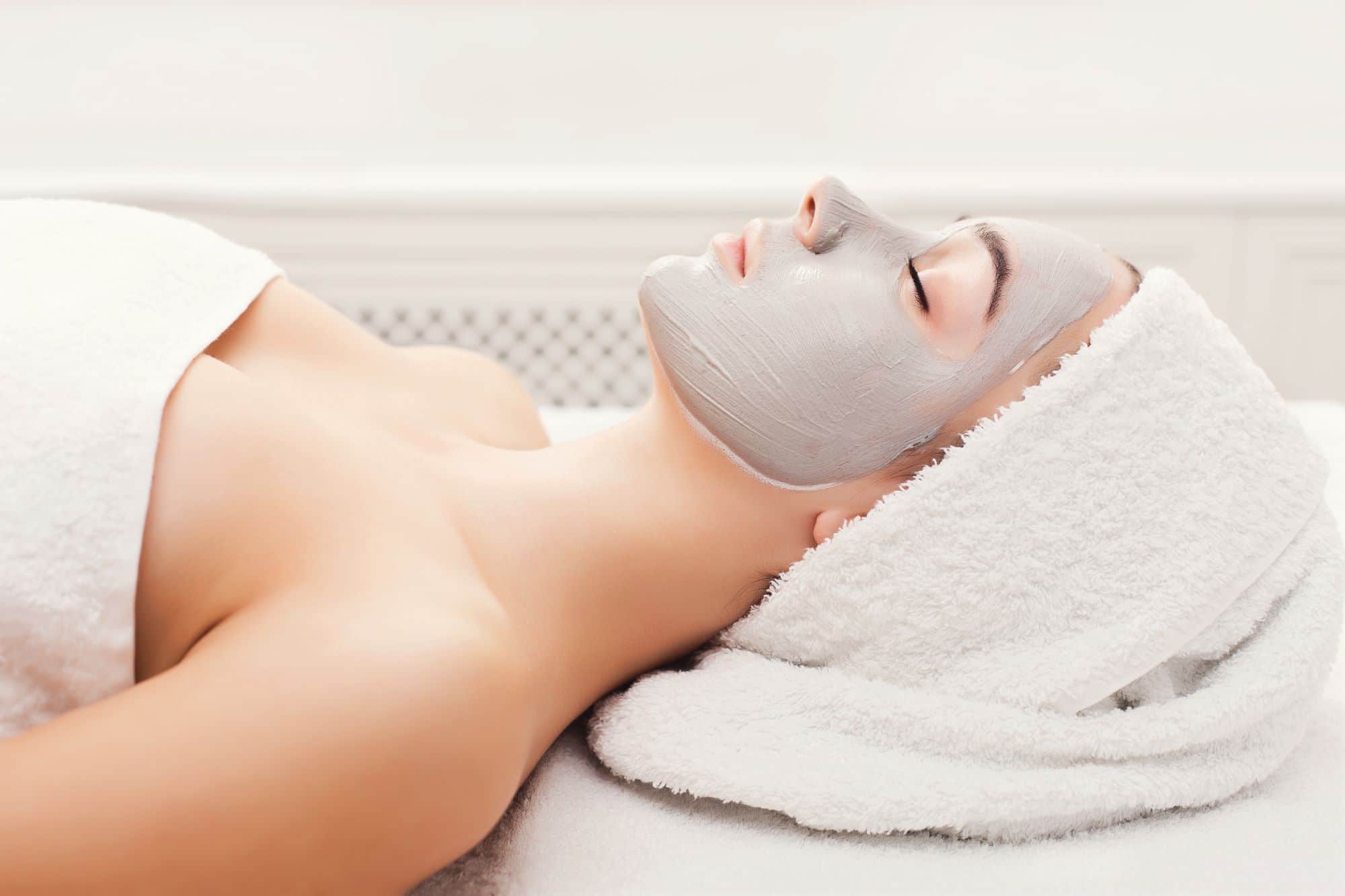3 Top Reasons Why a Face Mask Is Good For Your Face

Have you thought about using a face mask but are wondering whether it’s really good for your face?
Regardless of how you look at it, face masks might not be THAT appealing. Whether they’re composed of an unidentifiable green goop or a plastic sheet that you apply to your face, both have the effect of making you appear more alien than you could have ever hoped for when using it.
On the other hand, the notion that facial masks may enhance your appearance and health is enticing. It has many people looking for a quick but effective skincare solution in the shape of a face mask.
Face masks have emerged as a front-runner in our fascination with and drive to embrace self-care. Most self-care hashtags have people covered up in face masks, relaxing and sipping their favorite drinks, or reading a book or magazine. Who doesn’t want that!
There is also the perception that facial masks can treat almost every skin problem, from age spots and wrinkles to fine lines, blocked pores, dryness, and the lack of “glow.” And the list goes on.
But is it possible for them to accomplish all of this? Dermatologists urge you to be aware of the following information.
Also, read about how to Look Radiant On Your Next Trip With These Tips
Is a Face Mask Really Good For Your Face?
Efficient for Skin Hydration
Moisturizing facial masks are arguably the most efficient method of hydrating your skin. Face masks are particularly effective in moisturizing the skin because of their occlusive shape. Putting a mask on top of the skin with nothing in it will naturally moisturize the skin since it lowers the quantity of water your skin loses to the air around you due to evaporation, which is good for your skin.
As a result, it is more probable that face masks that claim to hydrate the skin will do so. Experts recommend looking for masks with only the essential components and staying away from perfumes, which tend to make a product smell nice but have no effect on your skin and can even be unpleasant to certain people.
Carefully Apply if You Have Sensitive Skin
Because when you administer a product through the face mask (against another type of topical cream, scrub), everything that might potentially irritate the skin will likely irritate a larger degree of the skin in your face mask.
And don’t think it’s safe because something is natural. For example, many fruit-based products include alpha-hydroxy acids; salicylic acid originates from sugar cane, naturally present in the apple, pear, citrus, and other fruits. Unfortunately, these are still acids and can hurt your skin.
A Quick Solution for Oil and Redness
Some can find a fast solution for oiliness and redness, but the improvement may not remain. That’s because face masks carry skin nutrients deeper than other applications and are more powerful. So whatever they do for your skin, they do it faster than other treatments. It implies there is a way to quickly resolve problems like redness, dryness, oiliness, and irritation.
But remember, the time you realize the advantage of a face mask relies on the source of the problem. For example, a clay mask might help to decrease the oiliness, albeit temporarily. That’s because hormones are responsible for the generation of oil. So, this advantage is rather short-lived.
Related post: The Benefits Of Using a Face Mask And How To Use One
What to Look for When Buying Facial Masks?
Pay attention to the components used, especially if you have juvenile skin. Face masks with unusual ingredients are becoming increasingly popular on the market nowadays. For example, you may wish to use glitter, mushroom juice, or snail jelly to brighten your face; however, this is not recommended. Many of these glitzy masks include a high concentration of scents, dyes, and parabens, all of which are harmful to your skin’s health.
It is also important to be mindful of any prescribed or over-the-counter drugs you use and how they might interact with the components in a face mask. For example, some drugs affect the thickness of the skin, while others make the skin extremely sensitive – all of which might cause a conflict with the chemicals in face masks.
Before using that bee venom-infused mask, consult with your dermatologist to see whether a safer option will provide you with the results you need.
Final word
If you don’t know about a face mask, apply it to a tiny part of your skin before covering all of your faces. And don’t forget your most essential skin health resource: your health care practitioner.
Face masks aren’t magic. Instead, healthy skin is more dependent on how you treat it every day, including adhering to a proper cleaning routine and remaining hydrated.
While facial masks will not delete all your negative skincare habits with only one application, they can provide your regimen with additional push. And if correctly utilized, it may be a simple, efficient, and economical method to give some extra TLC to your skin.

